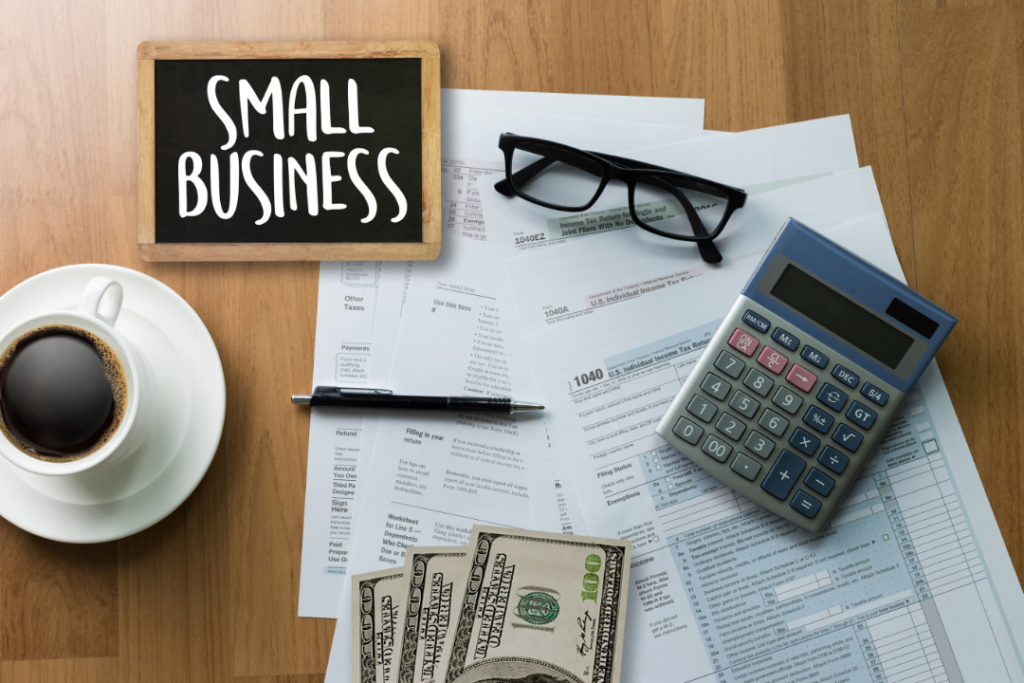While owning a small business can provide you with financial stability, you still have to plan for your future and retirement. Many business owners do not start planning until they are ready to retire and unfortunately, they may not have as many options as the person who starts planning early.
You should have a written plan outlining what happens to your business if you retire.

Think about your investments
To start your plan, start thinking about your investments. After all, your investments should be a part of the overall retirement strategy. One rule of thumb is to continue to diversify your investments. If you plan to sell your company to retire, then you need to have a financial plan and portfolio showing your company’s whole financial picture.
Determine your goals
Think about what you hope to gain from running your own business. Most people want to earn enough money to fund their lifestyle and to support themselves through retirement. As you plan for retirement, you must consider whether selling the business will generate enough income to sustain your lifestyle. Starting early for retirement means you can improve inefficiencies within the business to sell at a high price.
If you have a successor who plans to purchase the business when you retire, you may want to purchase a life instance policy for the buy-sell agreement. You can set the buyer as a beneficiary when you purchase a life insurance policy. If anything happens to you before the sale of the business, he or she will have enough money from the policy to purchase it.
